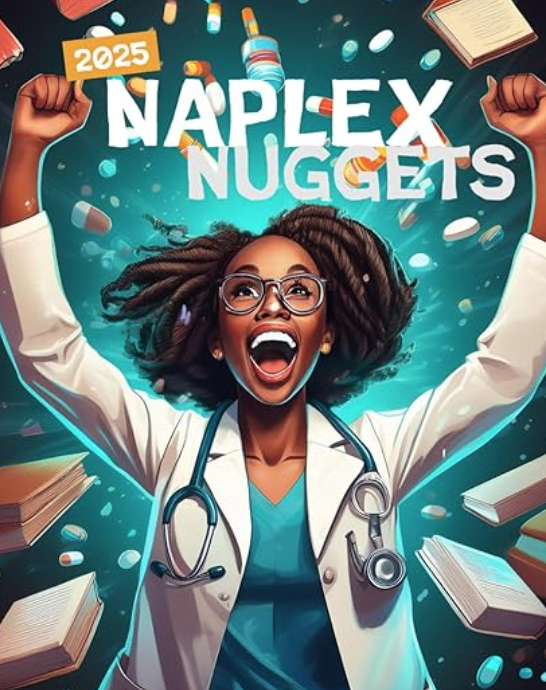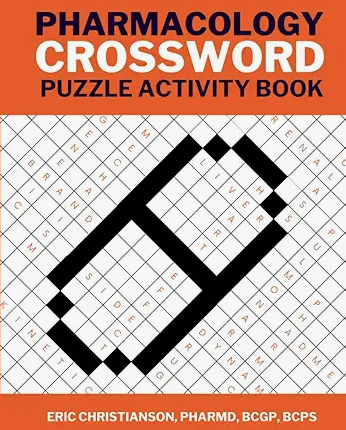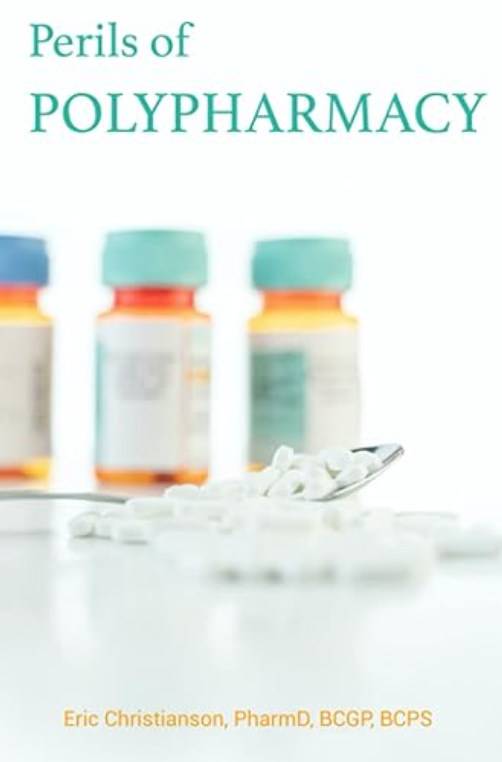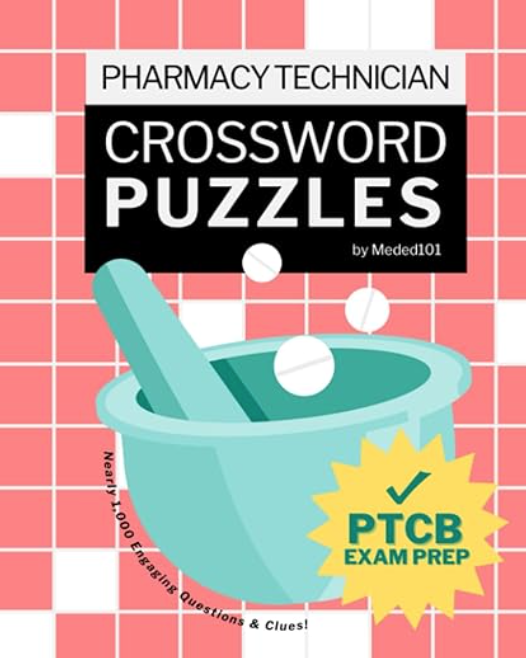In this case, I outline a unique situation involving stimulants and elderly patients. I outline some of the potential complications and contributions to the prescribing cascade. A 76-year-old female resides in an assisted living. She has a history of ADHD, anxiety, insomnia, diabetes, hypertension, back pain, and GERD. Her current medication list includes the following:
- Ritalin 20 mg BID
- Clonazepam 1 mg BID
- Trazodone 100 mg HS
- Empagliflozin 10 mg daily
- Metformin 500 mg BID
- Omeprazole 20 mg BID
- Cyclobenzaprine 10 mg HS
- Acetaminophen 500 mg BID
- Losartan 100 mg QD
- Hydrochlorothiazide 25 mg daily
- Ensure supplementation
There are significant concerns with treating ADHD using stimulants in our elderly patient population and this has to be weighed against the benefit of the agent. In this situation, Ritalin may be worsening many of the other conditions that this patient has and I can make a strong argument that it is contributing to the prescribing cascade. It is important to recognize that stimulants like Ritalin may be added for depression in geriatric patients so make sure you investigate the diagnosis for use.
The first issue to recognize is that this patient is taking uppers (Ritalin) and downers (clonazepam, trazodone). The effects of these medications are directly opposing each other and the Ritalin is likely worsening the anxiety and insomnia.
Another strong factor in favor of reducing Ritalin is hypertension. This patient requires two medications to lower blood pressure and Ritalin is well known for its potential contribution to raising blood pressure.
We also have the Ensure supplement which indicates to me that this patient has issues with dietary intake and possibly weight loss/frailty. Ritalin can absolutely contribute to poor appetite and weight loss. It would also be interesting to know where blood sugars are and if we could possibly reduce any of the diabetes medications if intake is poor and blood sugars/A1C are low.
Another question to ask in regard to Ritalin is how necessary and effective the medication has been. If this resident is no longer working or needs to maintain focus, is it imperative to continue to treat ADHD especially when we may be contributing to other problems? Or can we at least get by with a reduced dose? Unfortunately, there is not a ton of literature available on this topic.
What do you think about stimulants and elderly patients? Have you seen elderly patients on stimulants for ADHD?
- 30 medication mistakes PDF
- 18+ Page Drug Interaction PDF
- 10 Commandments of Polypharmacy Webinar based on my experiences in clinical practice









Good day.
It is important to review medications for possible negative interractions; and here, the clinical Pharmacist is an important member of the healthcare team.